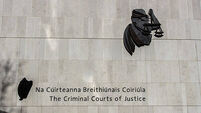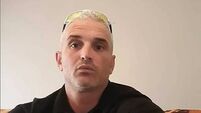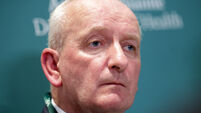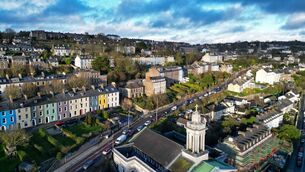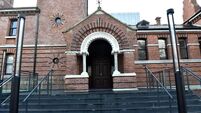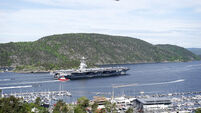Banking Inquiry: Committee lands few punches as Bertie deftly dances around the third degree
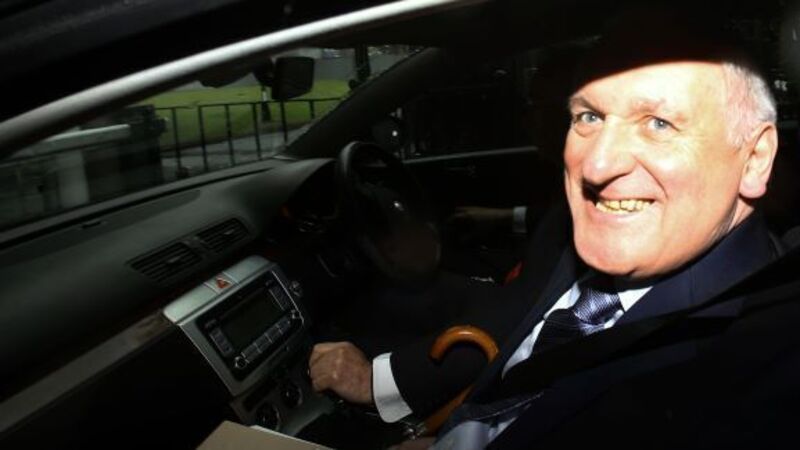
ERTIE AHERN had a great welcome for his legacy yesterday. His opening statement at the banking inquiry was a self-compiled report card for the decade or so during which he ran the country. He listed off stat after stat, until percentages were coming out his ears. Each showed how much better he had left the country than the state he had found it in.
He spoke clearly, as if determined to set the record straight on how he brought the country out of perdition. But the timbre of his voice betrayed a little hurt, a little resentment that he would have to spell out these matters, when they should have been obvious to everybody.
Why couldn’t people view him through the prism of these stats, his hurt said. Why was he still associated with the catastrophe that befell the country after he had left power? Why the grief, after all he had done for every section of society.
“Ireland finally caught up with and then surpassed EU living standards,” was the brief statement that summed up his armful of statistics. “I wish the recession did not happen but it is disingenuous to sugget that all gains have been wiped away,” he said.
This is true. It is also the case, though, that a rising economic tide was washing across the theretofore underdeveloped country since the early 1990s. Ahern can take some credit, but many of the advances were already under way when he came to power in 1997.
His first inquisitor, Pearse Doherty, referenced the opening statement, but not to praise it. Why, Doherty wanted to know, did Mr Ahern lift passages directly from his autobiography. Ahern responded that his views had not changed since the tome was penned. Still, for a man with time on his hands, surely he could have come up with something original.
As with his former kindred spirits Mssrs Cowen and McCreevy, Ahern was not forced to eat humble pie under the gaze of the committee. His answers were littered with the kind of Bertie-isms that make you realise, that despite everything else, he was at least far more colourful than those who have followed.
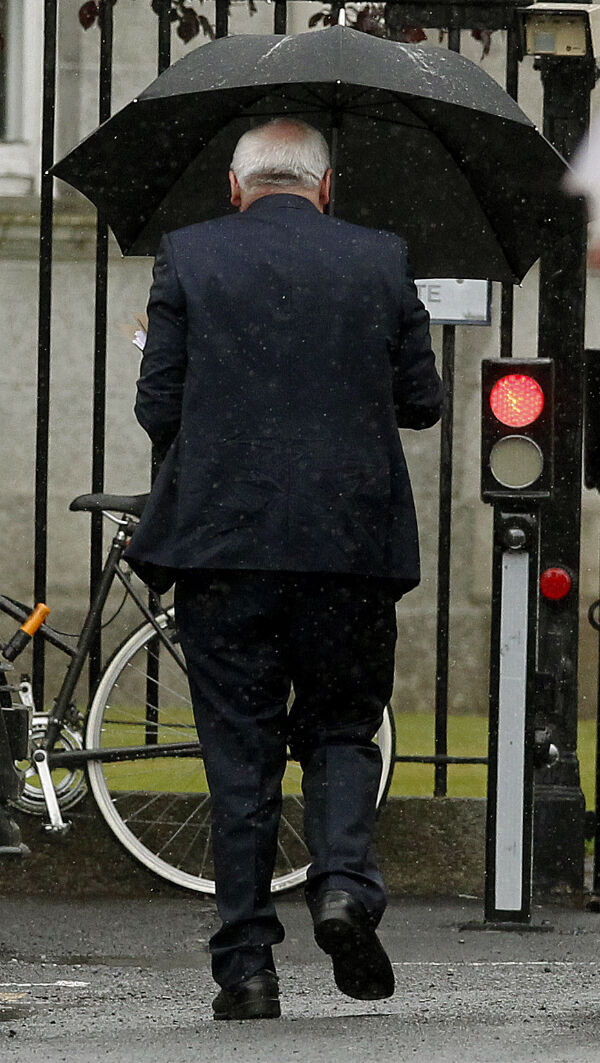
“If hindsight was foresight, I’d be a billionaire,” he said at one stage.
“I don’t think it was light touch,” he said in response to a question about whether he had been responsible for instigating light touch regulation.
“Was it appropriate,” he was asked.
“Not at all, there was hardly any regulation.”
Ciaran Lynch produced a department of finance document from 2004 which stated “The period of exceptional economic growth enjoyed by Ireland is over.” Did this reality not then lead to a bubble, Lynch wanted to know. Bertie, true to form waffled his way out of that one by going on verbal walkabouts.
Eoghan Murphy referenced a 2001 report from the EU which censored Ireland over its fiscal policy. What about that, Mr Ahern?
“It was a bit hard on us, quite frankly,” he said. “Not long after that I was lobbied by the French and the Germans not to hammer them, and I didn’t.”
Murphy asked him what he did to stem the supply of cheap money that flooded the country after Ireland joined the Euro.
“We had partnership agreements that were in line with a sustainable level,” he said. “In 1998 we were at 1.4 million people at work and we were trying to attract new industries, focused on foreign direct investment for the pharmaceutical sector, and a huge push.”
If you’re still awake and compos mentos after that answer you will have noticed that it bears absolutely no relation to the question. And on he went.
His personal finances were touched on a few times. He admitted that his travails at the Planning Tribunal were a distraction during his final months as Taoiseach, but not for him, but his colleagues and the media.
There were a few admissions. He didn’t keep an eye on competitiveness, which is big of him to admit. He agreed that public spending got too high in the run up to the 2007 general election. And he regrets that he was “wrong not to reverse the decision by the Rainbow coalition (in the 1990s) to stop the (proposed) property tax.”
In Bertie-speak this translates as, “I was wrong not to right the wrongs of the other crowd.”
With his customary confluence of adroit responses and confusing Bertie-Speak, he largely sailed through the afternoon. He remained confident, and took care not to get too chippy, lest he come across as narky.
As with when he bestrode the political world, Ahern has a capacity to divine the public mood. He wasn’t going to don sackcloth and ashes, but neither would he give reason for further opprobrium.
Not even his old nemesis Joe Higgins managed to land a blow. When Ahern straddled the national stage, Higgins was the one parliamentarian who retained the ability to get under his skin and drag out the man behind the politician.
Yet their duel here was like a rematch of old boxing foes throwing punches from memory rather than in anger.
“Was there an anti-speculation tax to stop that,” Higgins asked, referencing the obscene profits made on land speculation.
“No there wasn’t but what we were doing was trying to get more land to build on,” Ahern replied.
And later, a figleaf to his fellow socialist. “There are times I’d be a bit like yourself about nationalising banks,” he said.
All that was missing was for Chairman Ciaran Lynch to rise up, wave his hands, and demand that the old warriors “box!”.
In truth, few punches from any of the committee members landed. Irrespective of his politics, Ahern was the pre-eminent politician of his era, and it would have taken a lot to get him to admit to anything he might not be comfortable with.
He finished the session having, one suspects, changed few minds about his legacy one way or the other.
When it was all over, the Bert slipped out, back into his own world, still dining out on his legacy, still clinging to the fact that he was the greatest vote-getter in modern Irish politics.




